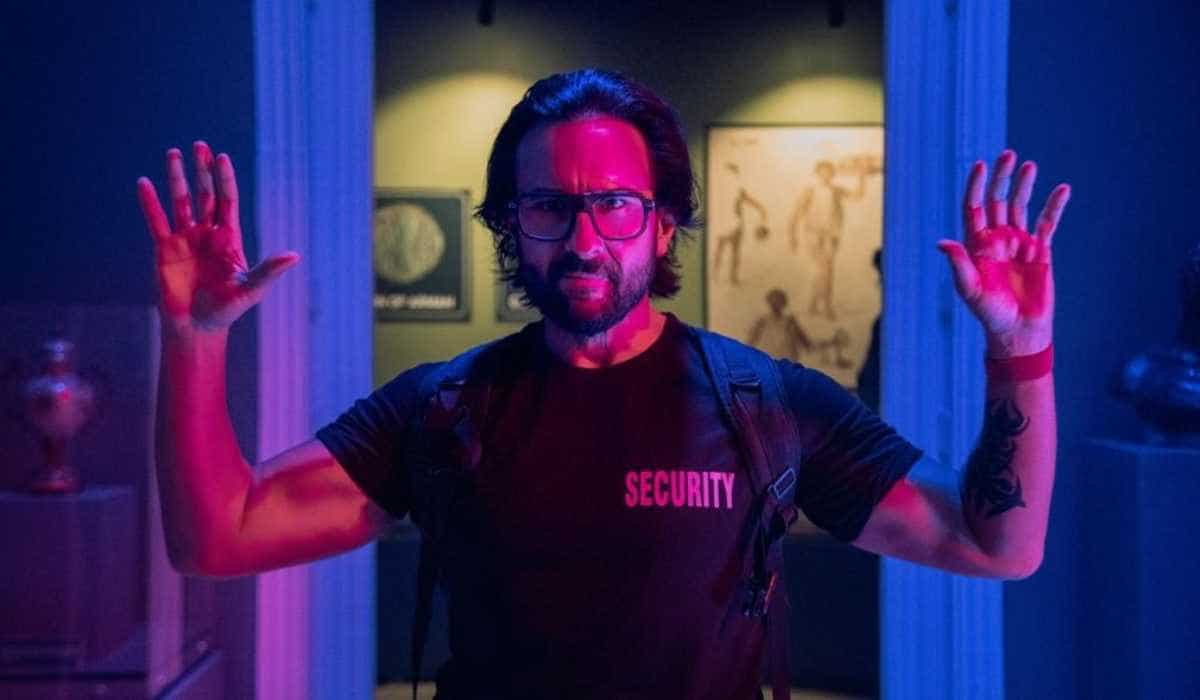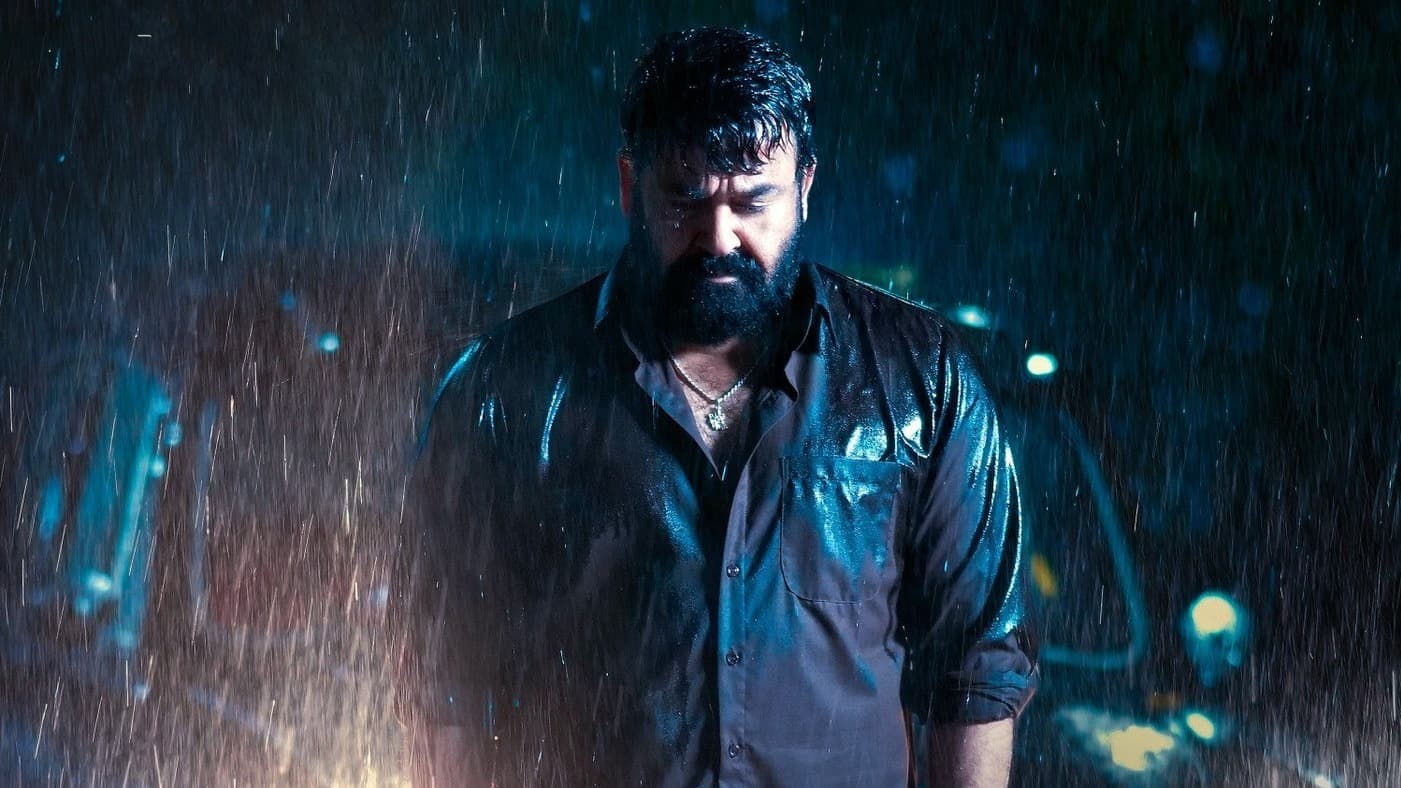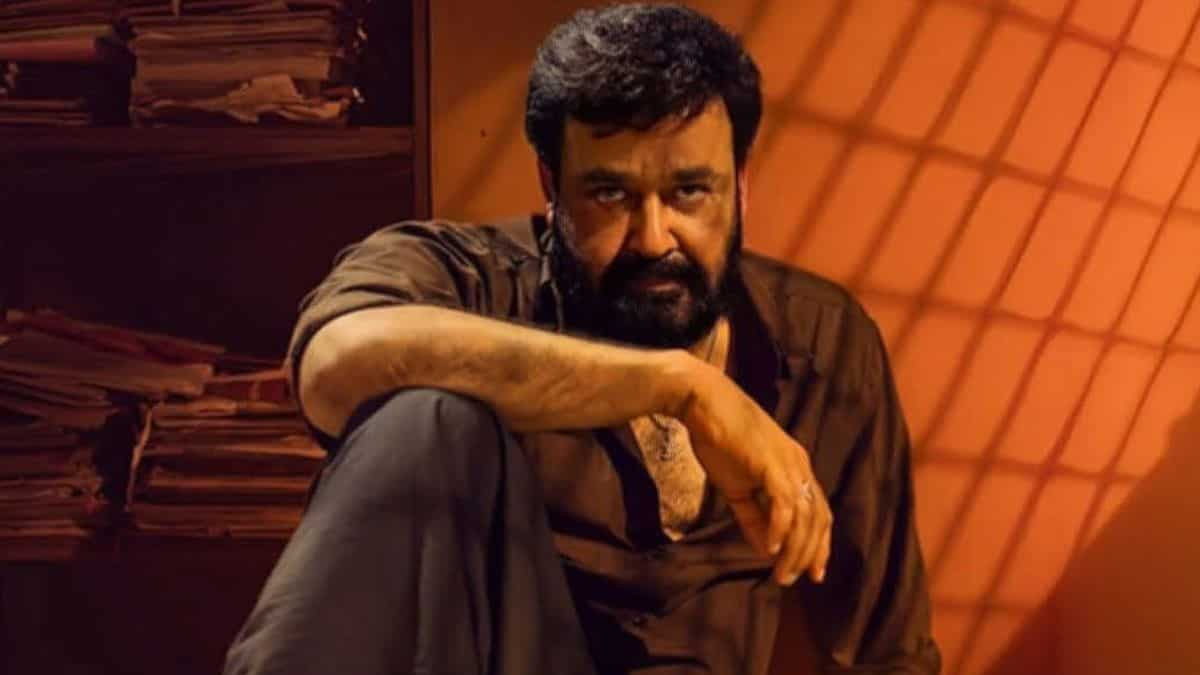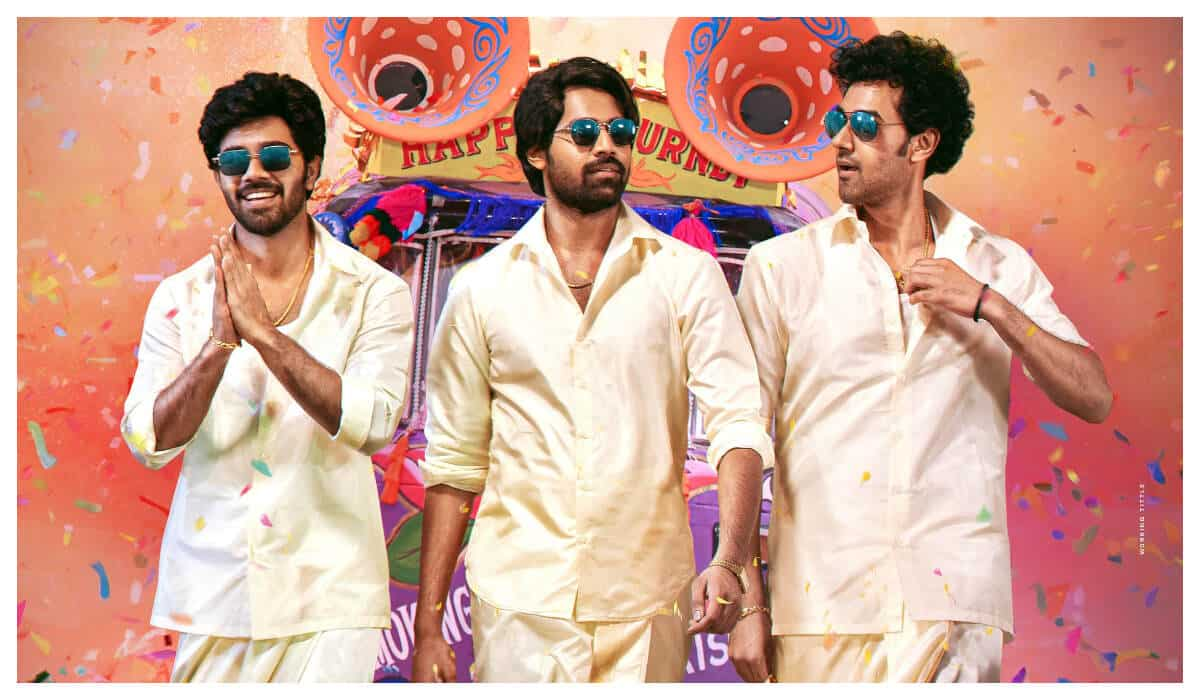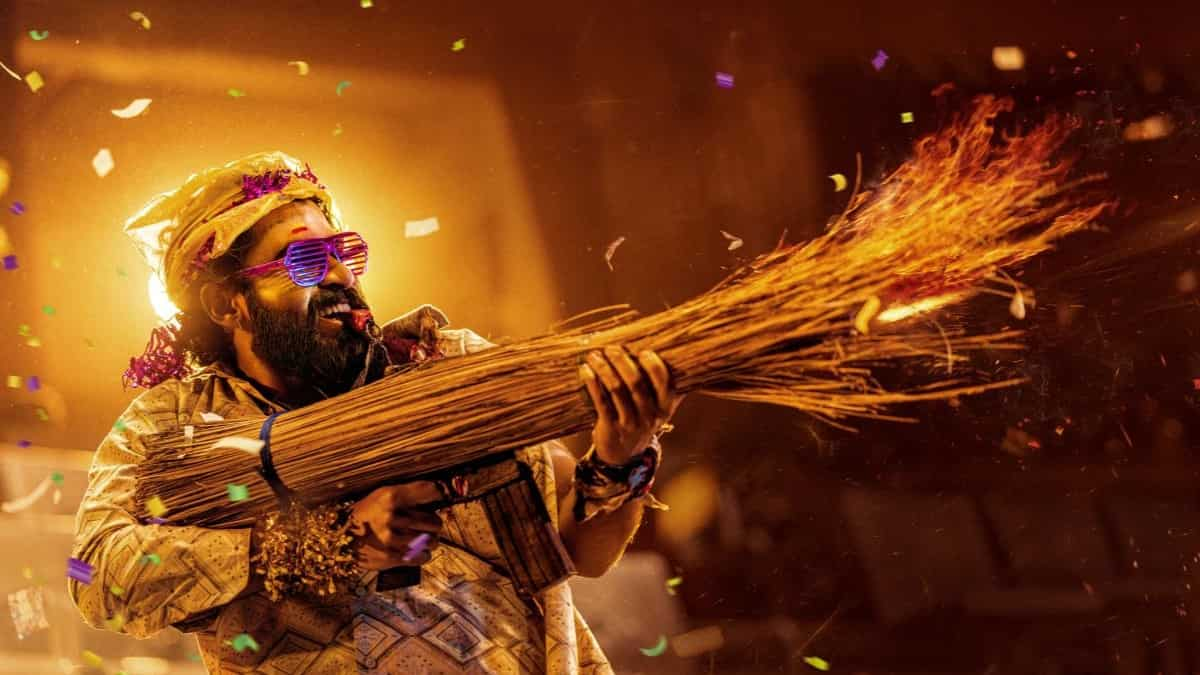
IC 814 The Kandahar Hijack review: Avengers of Indian acting assemble for Anubhav Sinha's gripping, nuanced thriller
7 months ago | 95 Views
IC 814 The Kandahar Hijack review: In Anubhav Sinha's last directorial, Bheed (2023), he came the closest to chronicling an untold true story – the migrant crisis fuelled by the coronavirus lockdown in 2020. Despite documenting real-life events, he still enjoyed the liberty and luxury to piece together stories with his imagination. But in his debut web series, he pulls off the Herculean task of telling a historical hijack story through a holistic, accurate, and non-judgemental lens.
Skimming the cheese
IC 814: The Kandahar Hijack revolves around the hijack of Indian Airlines Flight 814 by five armed men in 1999 when it took off from Kathamandu, Nepal en route New Delhi. The flight was then taken to multiple locations across countries before finally landing in Kandahar, Afghanistan, then-run by the Taliban and the then-refuge of Osama bin Laden. In itself, the hijack proves to be an unprecedented, fascinating case study. At a time when the rest of the world was celebrating the onset of a new millennium (hijack took place in the last week of December), Indian bureaucracy was struggling to rescue the 180 passengers onboard. As it turns out, the hijack in the last week of the past millennium would set the tone of terrorism in the new one.
Truth may be stranger than fiction, but it's not always as appetizing, fast-paced, and well-rounded like a thriller. Anubhav has previously pleaded guilty to adding cheese – a layer of narrative exigencies – to spruce up the proceedings of a hard-hitting socio-political drama. But in the case of IC 814: The Kandahar Hijack, the scope to deviate from the truth is extremely limited, and Anubhav chooses to honour that. Instead of getting weighed down by the burden of accuracy, Anubhav decides to embrace it. It's a rewarding narrative choice, given he makes up for it with another far more compelling narrative choice – to cover all fronts, whether left or right, micro or macro, past or present, and war or peace.

No hijinks in hijack
Evidently then, Anubhav's focus is not on crafting an immersive hijack thriller. While that genre isn't much dabbled in within India, Ram Madhvani's 2016 film Neerja remains the gold standard. Like that real-life story, the airline staff wear their official responsibility like a badge of honour. Patralekhaa (as air hostess Indrani) brings deep empathy to her character, looking after the passengers like she'd have taken care of her ailing father waiting for her back home. Aditi Gupta (as air hostess Chhaya) also makes us look beyond her uniform and wonder if she'd have struck a chord with a hijacker in another world. Vijay Varma as Captain Sharan Dev emotes as organically around machines as he does around humans. He's efficient, shrewd, soft, and generous in equal parts.
Like every hijack or hostage story ever, some passengers have a back story. Anubhav doesn't explore them in depth, but gives enough titbits on each to chew on as we stay with the larger picture. An orthopedician shirking off responsibility of saving a heavily wounded passenger by flagging his specialisation later mirrors him struggling with shrugging off his duty as a father when he's stranded alone on flight with his specially abled son. That further reflects the macro scenario of politicians and bureaucrats overlooking their fundamental responsibility to the nation and blaming the lacunae on incompetence of other intelligence agencies and political parties.

Since Anubhav's eye is firmly cast on the bigger picture, the thrills of his hijack saga don't match the intensity, urgency, and frequency of the best ones out there. Hijackers glide into the aircraft with guns and bombs very conveniently, which is telling of the everyday security lapse at international airports. Even when they take charge, an air of predictability permeates the aircraft – as if everyone was prepared for it. However, the most exhilarating moments come from the times when it's being forced to land. Vijay Varma is terrific in the scene in which he steers the aircraft in the eleventh hour to return to the Lahore runway after being denied permission to land initially.
The subversion of the genre, by having the passengers and hijackers play antakshari together and exchange cigarettes on the sixth day of hijacking, lends an oddly relatable touch. And in the very next moment, the airline crew conspires to outnumber the armed hijackers by force. It only shows how the passengers, a sample space of the larger population, often get complacent by gross injustices, only to spring back into coercive action in the very next instance.

Soars on the ground
If one eye is on the hijacked airplane, the other is on what's happening behind closed doors of Indian intelligence offices. Anubhav assembles an Avengers-like ensemble of Indian actors – Pankaj Kapur as Minister of External Affairs, Naseeruddin Shah as National Security Advisor, Aditya Srivastava as RAW Secretary, Kumud Mishra as RAW Joint Secretary, Kanwaljit Singh as Director, Intelligence Bureau, Manoj Pahwa as Additional Director, IB, and Aravind Swamy and Dibyendu Bhattacharya as MEA officers. There's a scene early on when all nine of these powerhouses share the room – not all of them get a lot to do, but a lesser actor in that frame could've singlehandedly brought the scene down. They're all masters in reacting and doing, instead of acting and speaking.
But if Anubhav had access to such great talent, he could've hired better ones for the hijackers. Rajiv Thakur, most popularly known for his comedic stint on The Great Indian Kapil Show, is mildly effective as the menacing, uncompromising hijacker with a borrowed British accent. But a more seasoned actor could've brought more heft and focus to the crucial character. His negotiations with Manoj Pahwa's tough-as-nails IB officer comes across as severely skewed towards the latter's side. Remember what Jim Sarbh did to Neerja? A young, but a more equipped actor, could've done wonders to the chief hijacker's role in this show. In fact, Anubhav didn't have to look too far: Squid Game-fame Anupam Tripathi, who makes his Indian screen debut with this one as a gritty RAW agent, could've added more meat and ritz to the hijacker's role.

Though all nine actors in the special task force have to share a piece of cake, and most get precious little to do, some of them give us great moments to remember. It's a sight to see the stalwarts (and brothers-in-law) Naseeruddin Shah and Pankaj Kapur – share the screen space after cult films like Jaane Bhi Do Yaaro (1983) and Maqbool (2003). Their interactions, laced with conflicting stances and mutual respect, are gifts that keep giving. It's also nice to see Tamil actor Aravind Swamy back in a Hindi project – cast as a soft-spoken, smooth-talking officer from South India, he's remarkable as the outcast who thinks and acts differently without undermining his colleagues. His diplomacy is what India needed the most to evade tricky situations like those. Interestingly, Naseeruddin, Pankaj, and Aravnid have headlined two watershed Indian films on terrorism – A Wednesday (2008) and Roja (1991).
Anubhav also gets his usual suspects – Kumud Mishra and Manoj Pahwa – in action. He's given Manoj some of his most different, chunkiest parts in Mulk (2018) and Article 15 (2019). In his debut show, Anubhav lets Manoj's signature comic strokes mingle with a serious role, and that turns out to be a delectable amalgamation. He makes us chuckle in the gravest of situations, and his hardline take on combating terrorism gives more laughs than cringe. Kumud has more screen presence, but his contribution is as cursory as other fine actors like Dibyendu, Kanwaljit, Sushant (who just strikes a pose in his uniform), and even Aditya Srivastava, who does get a memorable scene in which he convinces the Jammu & Kashmir chief minister to sign on an agreement without any speaking part – because the CM keeps cutting him off.

Holistic picture
There's a delicious exchange between Manoj and Aravind's characters, who have completely contrasting political viewpoints, equating coffee and tea to religion and blind faith, respectively. This encapsulates the diversity embedded in the entire show. In fact, its holistic gaze is the lifeforce of IC 814: The Kandahar Hijack. Who needs the cheese when you can showcase India in all its diverse, iridescent glory? Anubhav doesn't let the women lag behind either. Pooja Gaur's character is symbolic of the resilience and patience of soldiers' wives who wait endlessly in hope, even though she never signed up to be a soldier's wife. The conflict between newspapers and television (print media in a hurry) in the India of late 1990s is also brought into spotlight by a radiant Dia Mirza and a charged Amrita Puri's characters.
But just like how he can't give each actor something worth their calibre, Anubhav is unable to tie all loose ends of the expansive screenplay either. Who was the RAW officer in the airplane whose name was removed by the press and by the intelligence agencies? Did he have an indirect role to play in the stalling of rescue operation at Amritsar airport? The story by Adrian Levy (The Siege: The Attack on the Taj) and the screenplay by Trishant Srivastava (Chor Nikal Ke Bhaga) and Anubhav is sometimes stretched too much, yet is impressively tight in some portions. A voiceover that pops in to spell out political context also discounts the audience's intelligence. In its effort to be holistic, the show ends up having enough for everyone to admire and something for everyone to crib about.
But at its heart, IC 814: The Kandahar Hijack keenly asks more questions than it conveniently offers answers for. Given the wide-ranging consequences that still haunt our nation today, did we do the right thing back then? Should civilians be treated as casualties in a war they never signed up for? Is there any fundamental responsibility of a civilian besides demanding accountability from those elected? Should display of brute power trump diplomacy? The show may not have included what the politicians back then were up to, but the bureaucracy represents the then-coalition government quite tellingly – conflicting viewpoints, passing of blame, yet eventually trying to do their best by their people, successfully or not.
IC 814: The Kandahar Hijack is now streaming on Netflix India.
#

.webp)
